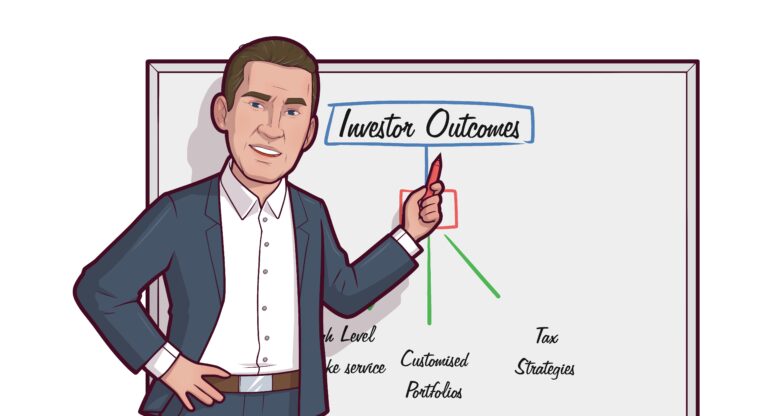Chinese property developer Evergrande has a problem. $300 billion of bonds that it can’t repay. And when you can’t pay that debt, its not just the shareholders problem, it’s a problem for every bank that has loaned money directly to Evergrande as well as every contractor that has not yet been paid for works completed. According to the New York Times, contractors are owed hundreds of billions spread across 800 uncompleted projects.
The ratings agencies Moody’s and Fitch have said default looks probable, and that Evergrande is ‘out of cash and out of time’.
George Soros’ opinion piece in the Financial Times last week said that the situation could crash the Chinese economy.
The big variable in how this plays out comes down to how it is handled in a centrally planned economy? With an ability to issue far reaching executive orders President Xi could put together a rescue package quite quickly. On the other hand, the current mood in Beijing is to make an example of conspicuous consumption and spread the wealth more widely. That would tip the scales away from bailing out the bondholders, but give some hope that the contractors might be made whole.
Either way, this background tells us something about why iron ore prices have fallen from $219 per tonne in July to $133 in September. Almost a 40% fall in two months. Levels not seen since…oh December 2020. Yes, it is a big fall, but a fall from a very high peak that no-one expected to continue.
The iron ore price assumptions that Macquarie Research are using for their valuation of RIO are $120 per tonne for FY2022, $95 per tonne for FY2023, and $90 per tonne for FY2023.

Adopting those assumptions, it means that RIO is now trading at a PE ratio of 7.1x 2022 earnings. Looking out to 2023, the PE ratio rises to 9.3x. Just to re-iterate, these are using iron ore assumptions that are still below the current spot prices. BHP is on a PE ratio of 9.8x 2022 earnings, and 12.3x 2023 earnings.
Uranium
Finally a Reddit stock squeeze I can get excited about. Uranium blows up! Uranium goes Nuclear! All the clever headlines aside, finally the supply/demand imbalance in uranium is about to make world headlines. Since the Fukushima nuclear accident in 2011 uranium has been in the doldrums. Prices have been below the cost to produce and bring on new supply, and the existing supply has continued to decline, as mines have been mothballed. It is estimated that supply was cut by 40 million pounds in 2020, and a similar decline is possible in 2021. (source; World Nuclear Agency).
Yet, the WNA also tells us that by 2030 China will increase from the current 49 nuclear power plants to 104, and by 2040 they will have 164 plants. Those 49 plants today require 28 million pounds per annum of uranium, and in 2040 will require 91 million pounds per annum. India is likely to increase nuclear power plants by 50% by 2030.

By itself, those numbers make uranium interesting for a contrarian investor. But two developments this week are a possible catalyst for a huge re-rating.
Sprott Inc, the Canadian based precious metals asset manager, founded by Eric Sprott in 1981, is best known for its fund raising for small- to mid-cap Canadian natural resources companies, as well as ETF’s that hold physical metal. On July 19th 2021 it launched the Sprott Physical Uranium Trust (TSX: U.U US$, U.UN C$). In less than two months it has attracted $1 billion in investments, in the process hoovering up almost 24 million pounds of uranium from spot markets.
One can’t help but think that something akin to the Hunt brothers attempts to corner the silver market in 1980. While that squeeze eventually came down in flames, my feeling is that Eric Sprott and his team are a lot more savvy than Bunker and Herbert Hunt. To add an extra twist to the intrigue, the infamous Reddit stock boards including r/wallstreetbets have jumped on the bandwagon seeing an opportunity for a squeeze like the one they engineered on GameStop and AMC.
The Reddit bloggers are encouraging investors to buy into both the Sprott trust, and at the same time the uranium producers like Cameco. As investors buy into the trust, it has to buy uranium on market, tightening supply, and pushing up spot prices. Wary of the potential for a squeeze, nuclear plant operators are more likely to enter into long term contracts rather than just buying at spot, then creating a higher plateau for prices.
This is a speculative area, and not for everyone. If you would like to know more just let me know and I can send some research I did back in June before all this started to get legs. At least with Uranium there is a much better fundamental underpinning than a video game retailer and a declining cinema chain.

